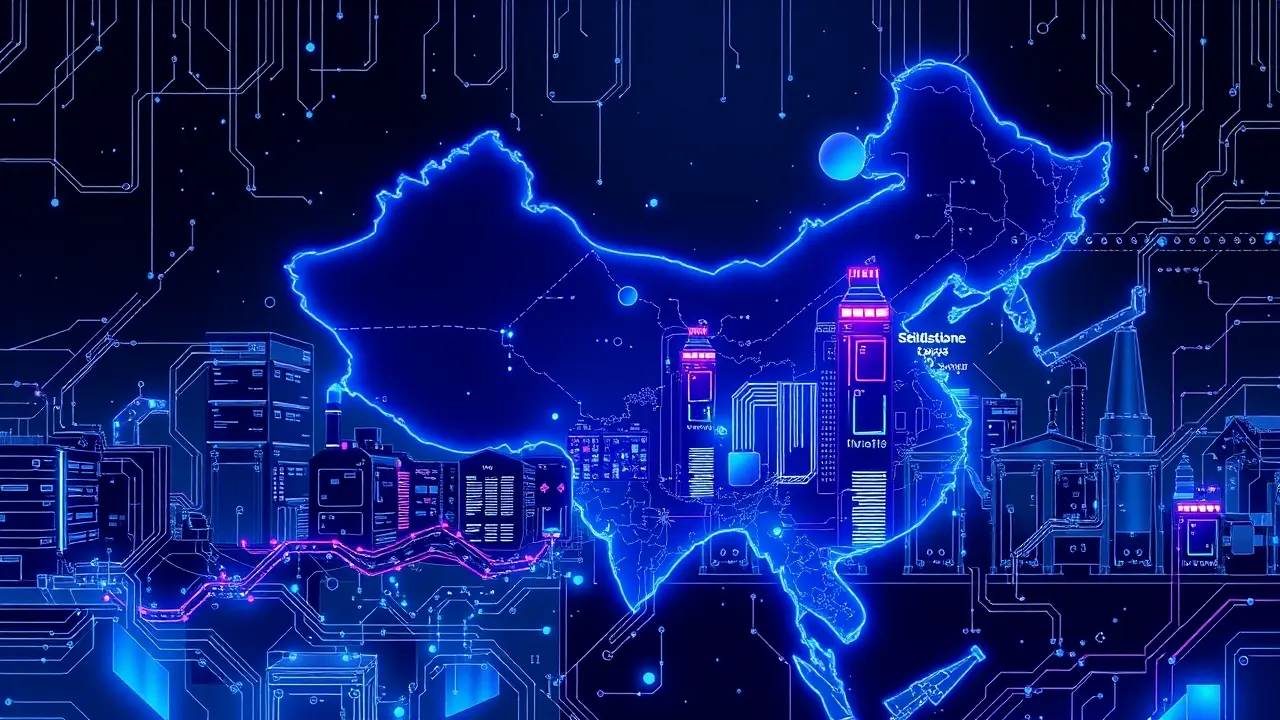Chinese Vice-Premiers Focus on Tech and Poverty Relief
The strategic dichotomy of China's developmental trajectory was thrown into sharp relief late last week, as the nation's vice-premiers embarked on parallel missions that, at first glance, appeared to operate on entirely different technological spectrums. In the eastern province of Zhejiang, a crucible of Chinese innovation home to giants like Alibaba, Vice-Premier Zhang Guoqing delivered a masterclass in state-directed technological acceleration.From Thursday to Saturday, he wasn't merely offering platitudes; he was issuing a granular, operational directive to manufacturers, compelling them to integrate artificial intelligence not as a peripheral tool but as the core nervous system for their entire operation—from foundational R&D and sophisticated design processes to the final stages of product manufacturing and relentless process optimization. This is not about keeping pace; it's about achieving what experts in computational sovereignty call 'asymmetric advantage,' a leapfrog maneuver designed to decouple China's high-tech supply chain from external volatilities.Zhejiang's ecosystem, with its dense network of agile, private-sector tech firms, represents the ideal testing ground for this next-phase industrial policy, a real-world laboratory where AI can be deployed to solve complex logistical puzzles, predict supply chain disruptions, and automate quality control with a precision that human labor cannot match. This push mirrors historical state-backed industrial revolutions, from Japan's MITI-led ascent in the 1970s to South Korea's chaebol-driven dominance in semiconductors, yet it is happening at a scale and speed those precedents could scarcely imagine, fueled by vast datasets and computational power that simply did not exist a decade ago.Meanwhile, the concurrent focus on poverty relief in less developed regions underscores a critical, often overlooked component of this tech-first agenda: social stability. For the Chinese Communist Party, technological supremacy is not an end in itself but a means to ensure long-term governance legitimacy.A nation bifurcated into AI-powered coastal megacities and impoverished inland provinces is inherently unstable, a fact not lost on Beijing's policymakers. The poverty alleviation efforts, therefore, are not a separate initiative but a necessary counterbalance, a social shock absorber for the disruptive forces unleashed by rapid automation and technological displacement.This dual-track approach reflects a sophisticated, if contentious, understanding of national power in the 21st century, where a country's strength is measured not only by its most advanced algorithms but also by its ability to manage the human cost of progress. The real test, as AI ethicists and political analysts note, will be whether these two tracks can remain synchronized, or if the relentless pursuit of technological hegemony will ultimately widen the very social divides the state seeks to mend, creating a new form of digital inequality that could pose a fundamental challenge to the party's social contract in the decades to come.
It’s quiet here...Start the conversation by leaving the first comment.
© 2025 Outpoll Service LTD. All rights reserved.
